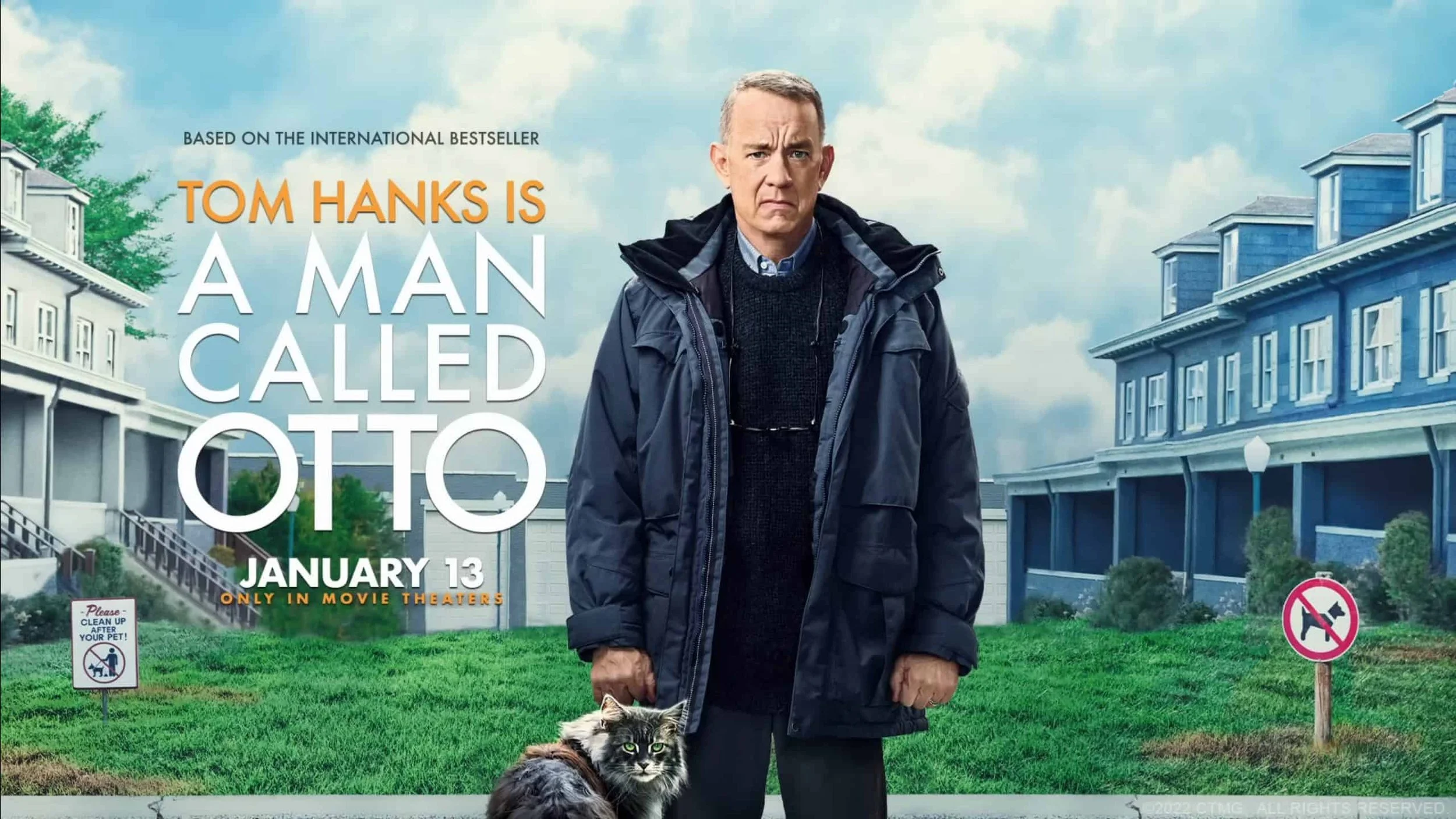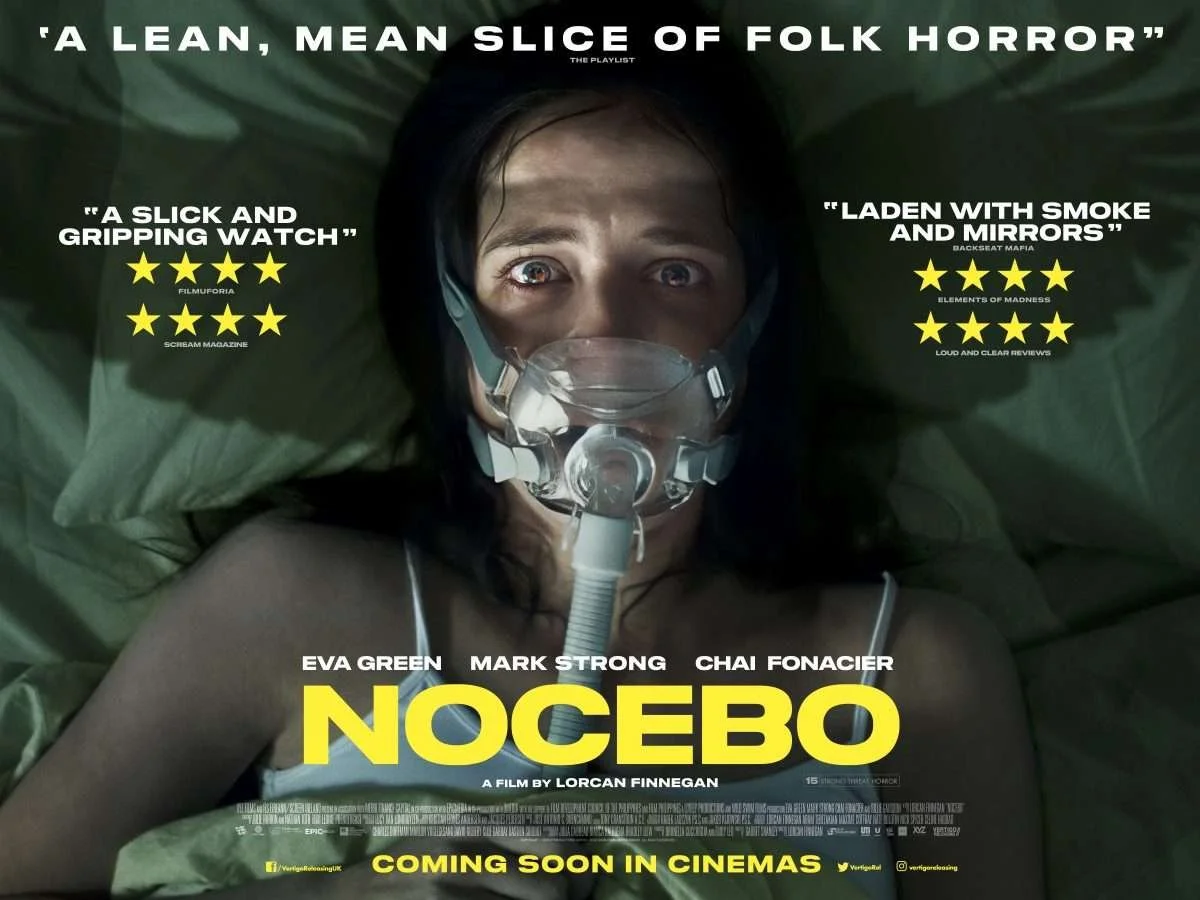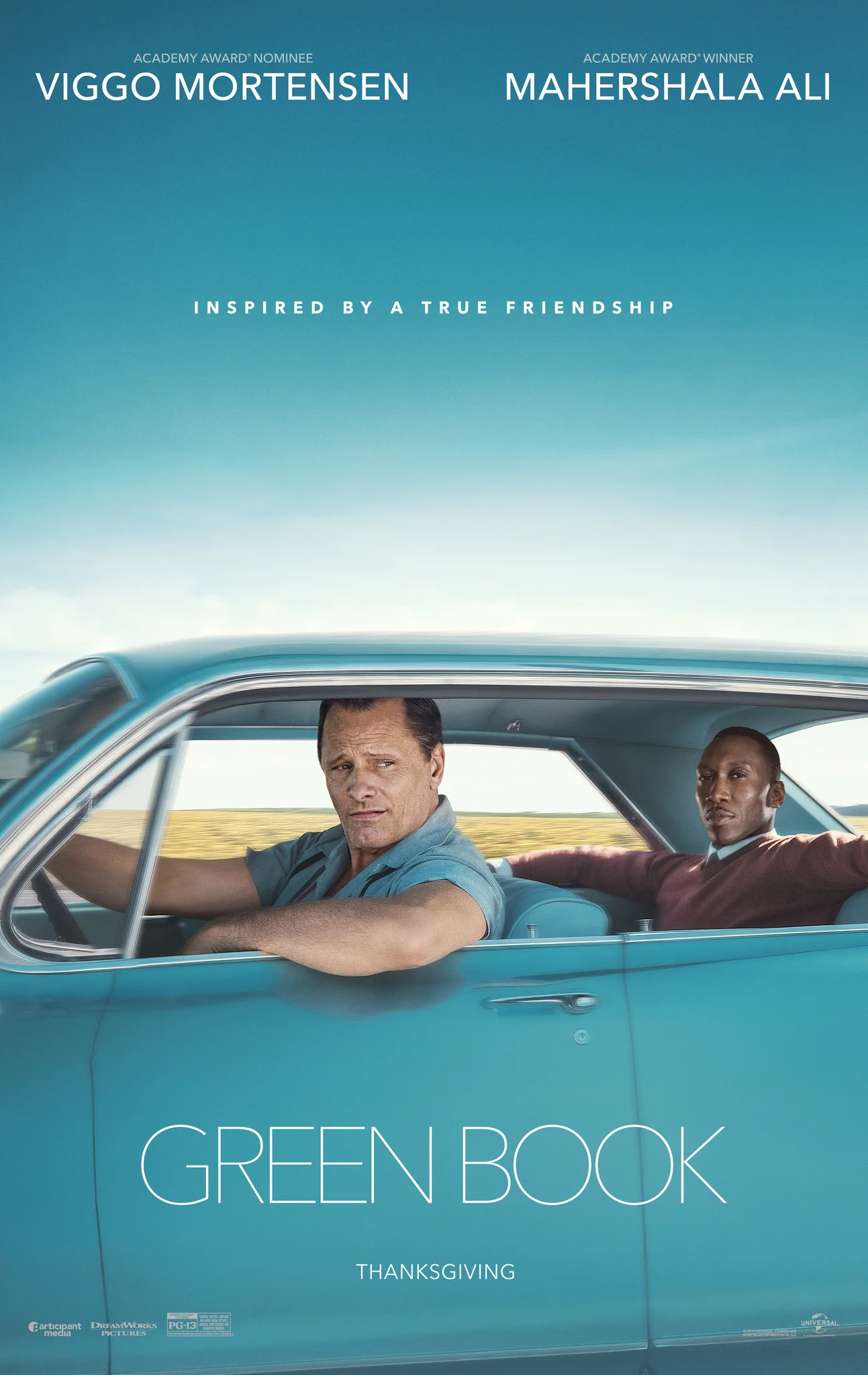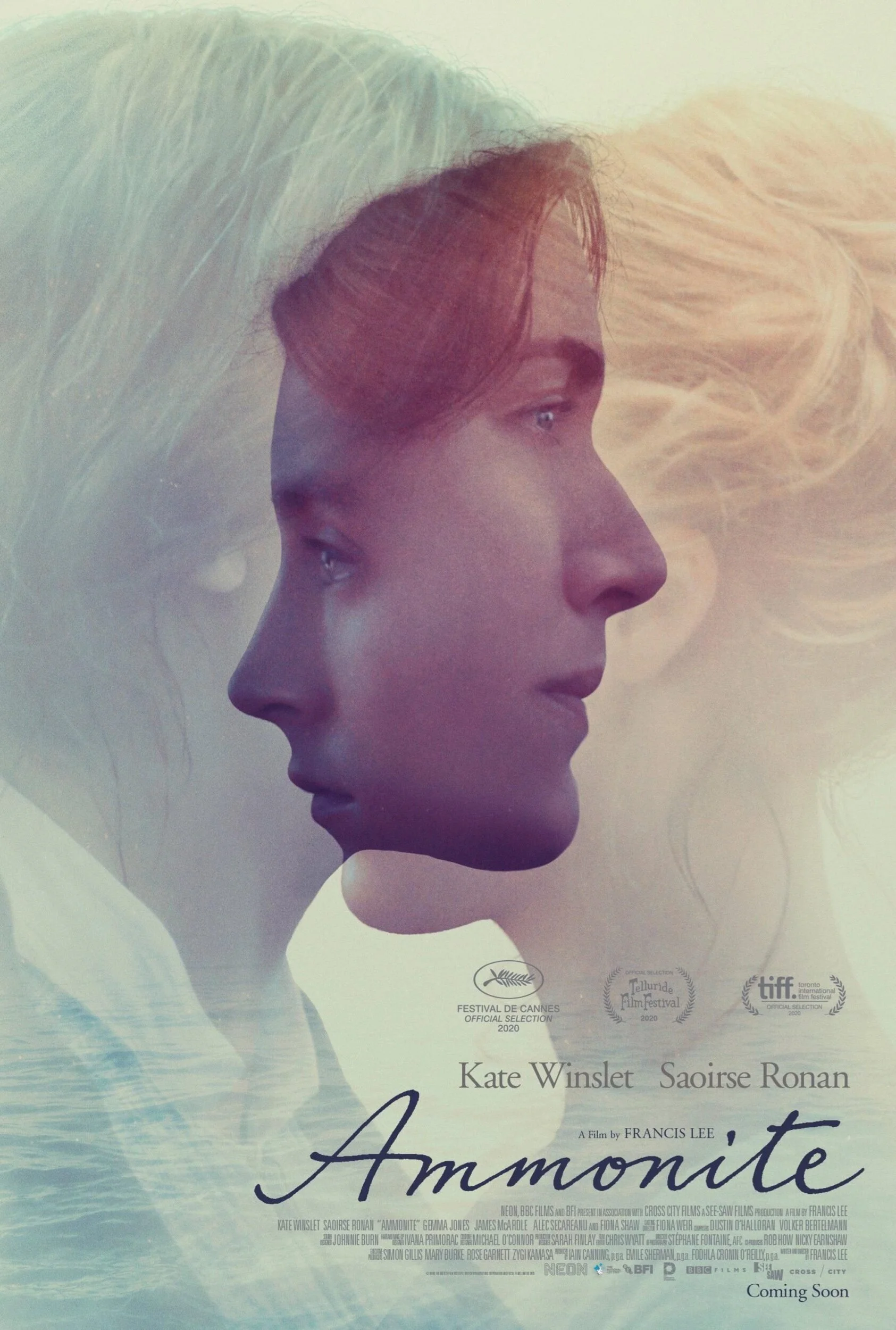Empire of Light
Ten second review: Ultimately the film doesn’t seem to fully engage with anyone subject it touches on, but it is made beautifully and is sure to entrance audiences with its performances.
Films about films are a funny genre all of their own. From Singing in the Rain all the way through to this year’s highly anticipated The Fablemans, the desire of filmmakers to discuss film itself seems ever present. Here, in Empire of Light, Sam Mendes shares his entry in the canon.
Stephen (Michael Ward) has just started working at the Empire Cinema in Margate with Hillary (Olivia Coleman), the duty manager, showing him the ropes. As the two grow closer they learn the pressures of each others lives.
This film touches on a broad range of subjects; gender politics, racial politics, power dynamics, relationships and cinema just to name a few. It seems that chewing off so many big pieces at once leaves it struggling to quite swallow any of them. No one theme feels fully explored or completely tangled with and it may leave viewers a little unsatisfied by the end.
This is not to say the film is not enjoyable, on the contrary, the performances and the story meander through in a way that is sure to hold your attention until the lights go up. Coleman shines as ever in a powerful showing and Ward continues to present himself as a brilliant part of the next generation of young British talent. The ensemble are also a joy to watch in an understated and measured way, while the location itself is a character all of its own sure to captivate audiences.
It’s main problem seems to be that there are at least three good films here; a film about Hillary, a film about Stephen and one about cinema helmed by Toby Jones and his projectionist character. Each is beautiful and each are a film I would be sure to enjoy but no one story gets the time to be fully realised here. It may have made a beautiful trilogy filmed all at once with the stories being interlinked in each film to show how the overlaps are seen from each individuals viewpoint. This would have given each strand room to sing and make the sum of each of its parts greater than the stories on their own. Same could be said for its being made into a series, but it would certainly lose something by not being a film about film.
As it stands I would not recommend against seeing it. I’m sure it will touch many, although my harshest criticism might be that those who find it truly moving may those who prefer to sit on the edge of a conversation about its themes. I’m disappointed in the films we have missed out on here, but happy enough with the performances. A middling score for a sadly middling film.






